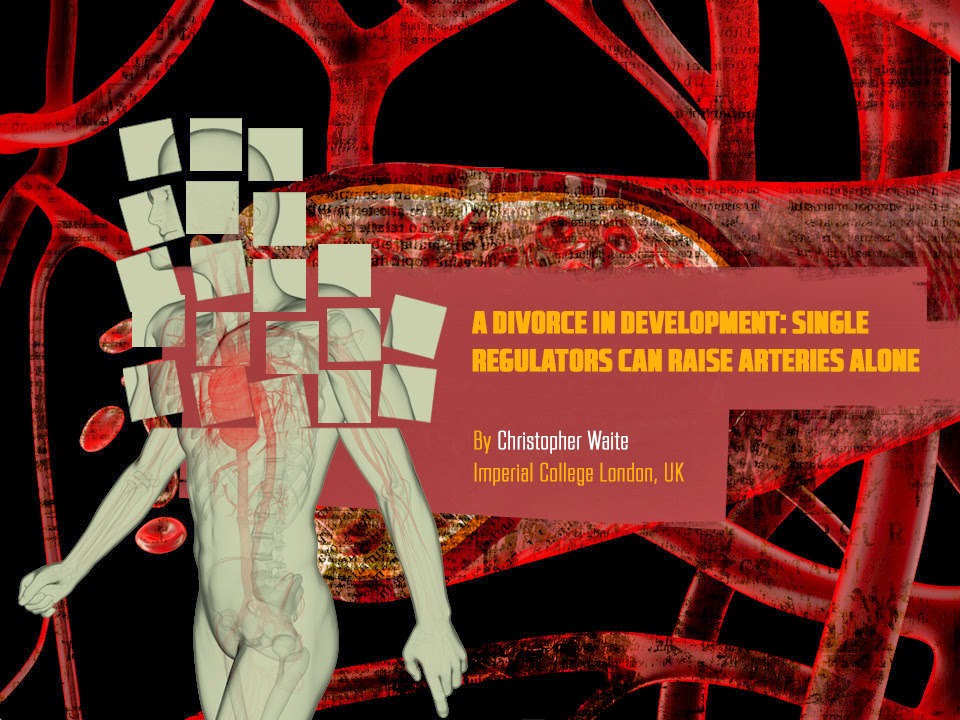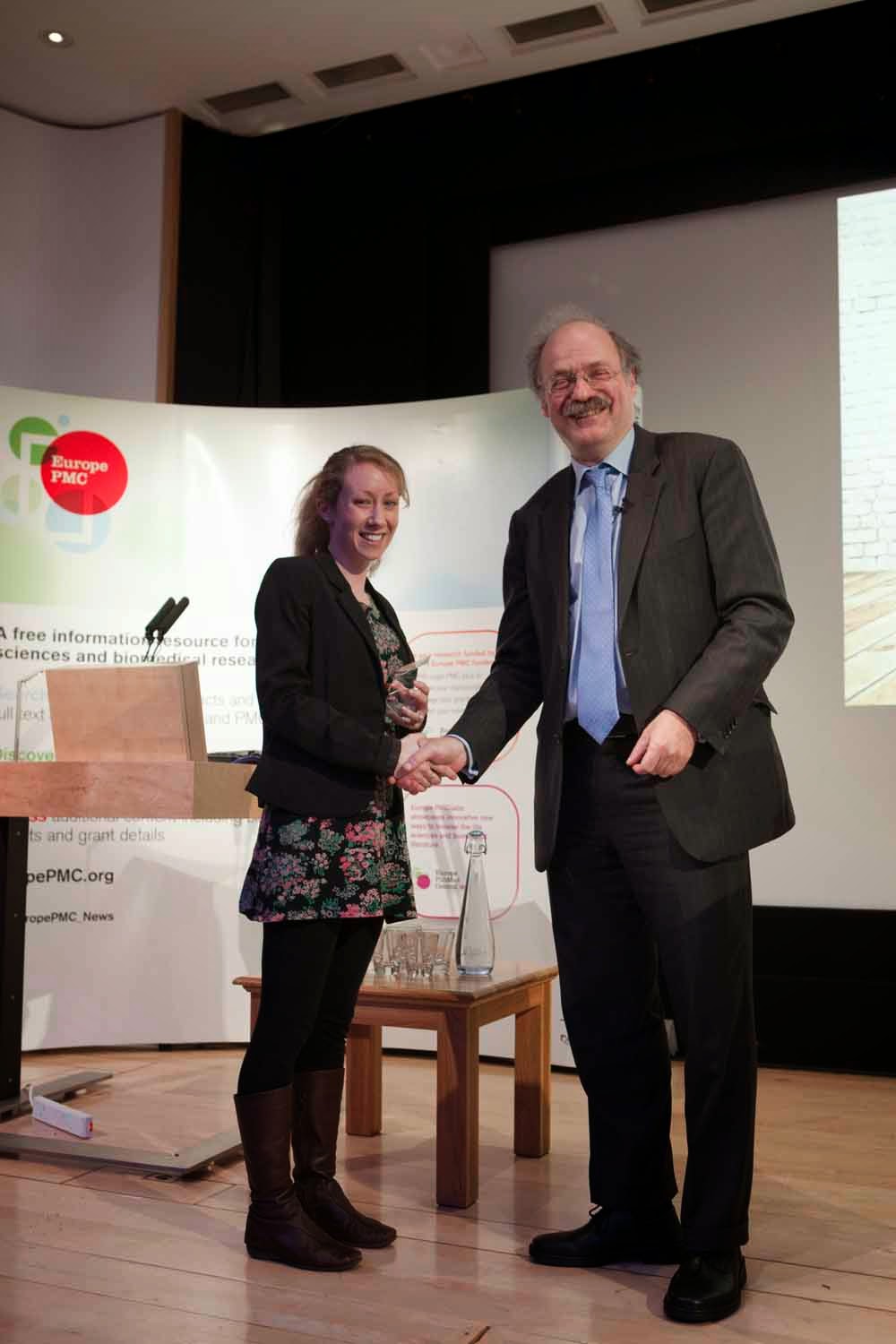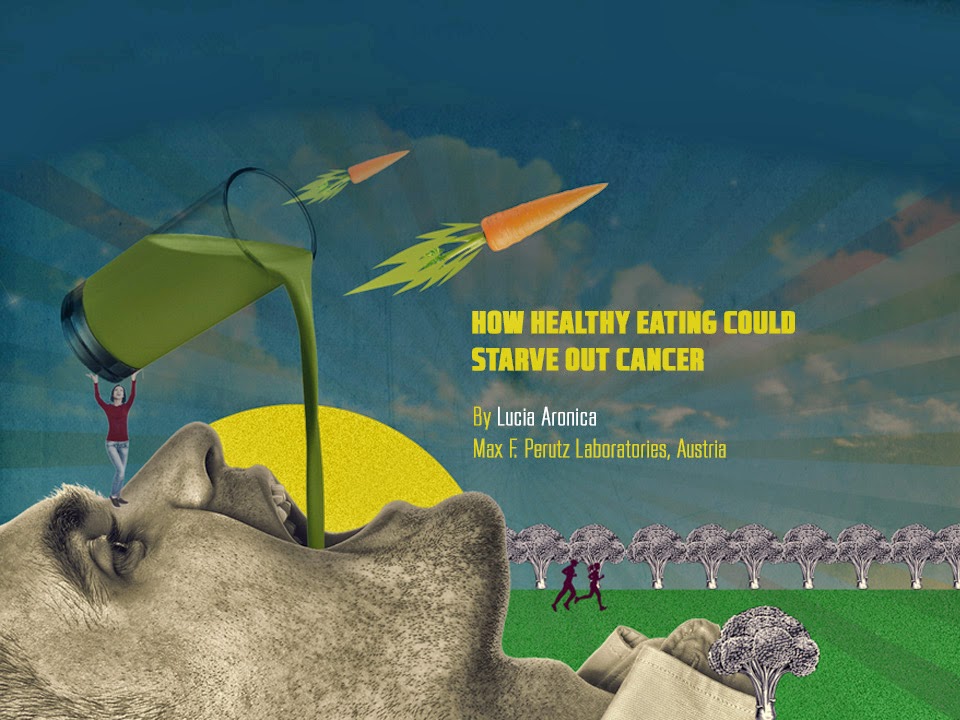
With the Access to Understanding awards ceremony just about wrapping up, we can now announce the winners… First place was awarded to Philippa Matthews for her entry ‘Rolling back malaria: A journey through space and time’, which described research exploring the changing patterns of malaria risk across Africa. The piece was praised by our judges for its enthusiasm, clear writing style, and sense of narrative;








